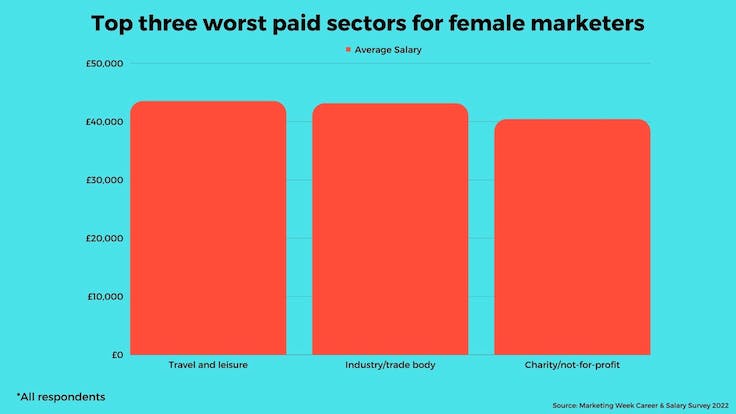
There are many different types of jobs available to ex-servicemen and women who have been in the military. These include financial analysis, education and customer service. Although some military career options might not be immediately obvious to ex-servicemen and/or women, they may be exactly the thing you are looking for.
You can make a career in emergency management
If you're interested in a career where you coordinate efforts during crisis situations, consider a career after the military in emergency management. These specialists collaborate with nonprofits and the local government to plan for and assist in disaster preparation. They are able to coordinate with local agencies, organize training, and oversee emergency response. A career in emergency management can be very rewarding.
Emergency managers often travel to disaster areas on short notice, collaborating with new team members on the spot. They must be calm and rational in stressful situations. This requires exceptional organizational skills, an in-depth knowledge of government procedures, as well as the ability to quickly take difficult decisions. There are many career options in emergency management, from being a disaster program manager to being an emergency management director.
Customer service
After you have completed your military service, you can begin to look for customer service work. It will be necessary to communicate with others and to build collaboration skills. This is especially important if your job involves working in a group or remote operation. Sometimes, you'll need more than one person to respond to a complicated question from a customer.

A customer service position is a long-term career option. Companies have been expanding customer support departments to meet the fast-paced business environment and increasing customers. According to Robert Half's SalaryGuide, customer service is one of the most highly-demanded careers. These positions range from call center specialists to data entry.
Analyse of financial data
For veterans who love office work, a job as a financial analyst in the civilian sector can be appealing. The average job requires approximately 40 hours per week. Some analysts work longer hours. Financial analysts create financial forecasts, and make investment recommendations. They can also analyze trends to help determine the company's worth. These professionals might also be involved with risk analysis and fund management.
Financial analysts require a bachelor's level in math, finance, or accounting to get the job. As long as the degree is related to the field, some employers will accept additional degrees. You can also find internships while you are in college to gain valuable experience and extra income. Financial analysts must have an understanding of Excel and Microsoft Office. Business coursework is also helpful.
Education
Veterans who would like to pursue a career in a civilian setting can take advantage of GI Bill benefits, which are free tuition benefits for honorably discharged veterans at many accredited institutions. These benefits offer veterans a way to integrate their military skills into civilian life. Veterans can choose to pursue a degree so that they can follow their passions and not their military training.
It can be hard to find a job after leaving the military, but there are many support programs for veterans. You can find programs and services that assist veterans transitioning into civilian life through the VA or colleges.

Law enforcement
Service members can transition to civilian life by working in law enforcement. Even though you were a strong candidate for the job, the transition can be challenging. Here are some tips to help you make your transition smoother. You should create a timeline that shows you the steps to follow. You might need to apply for jobs, prepare for exams and get a Verification of Military Experiences and Training (VMET) form.
An advantage over your competition is having a college or military education. Many law enforcement positions allow veterans to use their prior training for college credit. The American Military University offers college degree programs for military personnel. For law enforcement jobs, veterans can apply to Veteran's Preference Poins. These points can give you an advantage over your competition, although the number varies from one service branch to another. This advantage is very important when applying to a law enforcement job. Before you move, it is essential to apply to the police department that you are interested in working for.